13 Dec The thick shelled river mussel: Thanks to these animals, Nida was crystal clear
Its shells were used to make buttons, music instrument linings and ornamental items – we are talking about the thick shelled river mussel, also called river cleaners. Their name comes from the thickened walls of shells, of which there were plenty 30 years ago. Currently, due to high water pollution, very few are left.
This large freshwater mussel, which was the most abundant in the inland delta of Nida, is now one of the fastest dying species. According to Dariusz Wiech, a specialist from the Świętokrzyskie and Nadnidziańskie Landscape Parks Complex, it was to these animals that the pure Nida once owed its condition.
– These are very interesting animals from the naturalist point of view. One such river mussel can filter 40 liters of water per day. If we have ten of these mussels, we can filter as much as 400 liters of water. They filter to get food. By the way, they work similar to a treatment plants, which nature funds for free, he points out.
He adds that mussels are used to control water quality in many waterworks in Poland. They are able to detect a change in the chemical composition of water and react in a characteristic way.
– This species is sensitive to various types of water pollution. Especially to ammonium and nitrate ions from over-fertilization of agricultural land. If the water is of poor quality, the mussels will not take it anymore. Their shells will be closed. These are the so-called bioindicators, living organisms that show whether the water is clean, he points out.
The river mussels can cover a distance of only two meters within an hour, however, their offspring can move along with them for longer distances by attaching themselves to the gills of certain fish species. This is one of their main ways to survive.
They are also the so-called incubators for the bitterlink fish. If the river mussel goes extinct, the bitterlinks are also at risk, because the development of their eggs takes place inside the mussel.
The Świętokrzyskie and Nadnidziadzkie Landscape Parks Complex, on the occasion of rebuilding the inland Nida delta near Umianowice, decided to also help mussels. As in the case of the pond turtle, the fire-bellied toad or newt, the parks will acquire several dozen individuals, which will be reproduced in special aquariums and then released to the wild.





